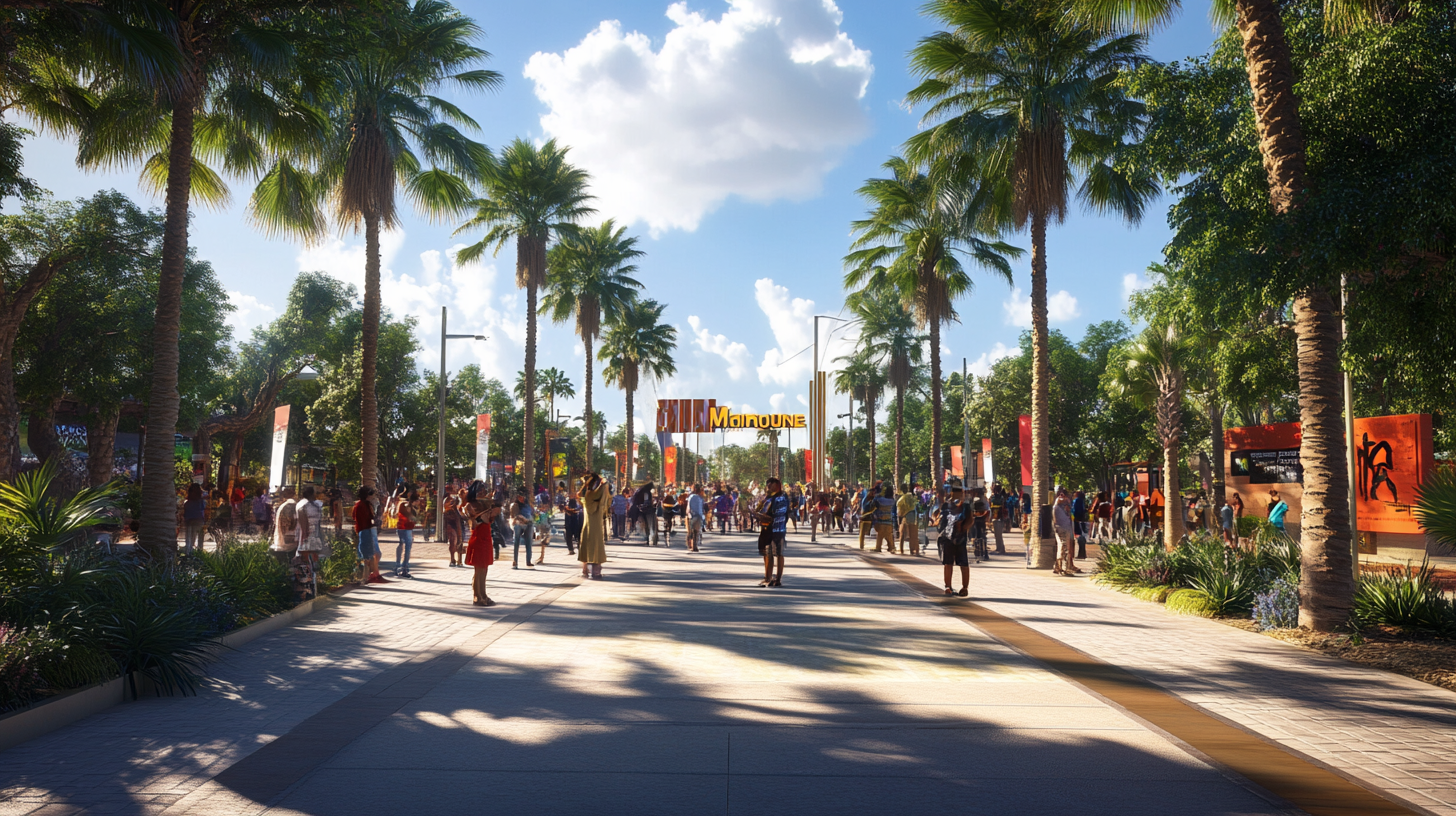New Park ‘Camp McAllen’ Set to Enhance McAllen’s Natural Landscape
In a recent decision that has sparked interest among local residents, the McAllen City Commission has unanimously chosen to name a new 20-acre park “Camp McAllen.” This new development, situated on the north side of town, is designed to capitalize on the area’s natural beauty and provide a host of outdoor activities. The decision came after public consultation, showcasing the city’s commitment to engaging its citizens in local development.
A Park with Purpose
Formerly known as the Kappler Property, this piece of land at 8701 N. 23rd Street has been earmarked for transformation. Noted for its picturesque landscapes, the site was highlighted in the city’s 2017 master plan as an ideal location for birding and developing as a nature center. These aspects have been retained in the park’s development plan, aligning with community interest priorities that place a high value on environmental tourism and nature-centric attractions.
The city has allocated $1.86 million for developing the park, an investment that underscores its intent to utilize natural resources for both the enjoyment of local residents and to attract tourists. According to the city’s plan, the park is expected to include amenities like a walking trail, archery range, camping areas, a group pavilion, restrooms, and piers for fishing and boating. Development began in October and is anticipated to conclude by the end of the year, indicating a steady move towards boosting the local economy through eco-friendly initiatives.
Public Involvement and Decision Making
The process of naming the new park involved the public at several stages. Earlier, the city conducted a survey to solicit names, resulting in 656 responses. The name “Escondido Verde” emerged as the most popular choice among respondents, but the commissioners ultimately favored “Camp McAllen,” which received 13% of the votes. The selection underlines the name’s simplicity and potential to resonate with both locals and visitors, making it easy to remember and associate with adventure.
City Manager Isaac J. Tawil emphasized the importance of public participation in a press release, stating, “The ‘Name Our New Park’ survey represented a unique opportunity for our community to shape the identity of this exciting new addition to our city. We value our residents’ input.”
Community Impact in the Rio Grande Valley
For the Rio Grande Valley, the establishment of Camp McAllen carries several implications. As a region that cherishes its natural settings, a new park contributes to improving the quality of life for Valley residents. Moreover, by tapping into the environmental tourism market, the city can anticipate an influx of visitors, further boosting local businesses and increasing revenue.
Furthermore, the development of this park may set a precedent for future projects, encouraging nearby city governments to explore similar initiatives that prioritize nature and community involvement. This could lead to stronger collaborative efforts among South Texas cities to enhance regional attractions and promote sustainable tourism.
Balancing Views on Development
While the decision to name the park “Camp McAllen” was unanimous, it is crucial to understand the varied public perspectives. Some believed the chosen name did not fully capture the natural aspect of the area, preferring names like “Escondido Verde,” which better reflected the park’s lush prospects.
However, Denny Meline, McAllen’s director of parks and recreation, supports the decision, arguing that “Camp McAllen” aligns well with existing infrastructure, suggesting a coherent brand identity that complements other local facilities.
Looking Ahead: Future Prospects and Community Benefits
As McAllen progresses with the park’s development, the hope is that Camp McAllen will become a pivotal point for education and conservation. There is potential for partnerships with local schools and environmental organizations, offering educational tours, workshops, and volunteer programs that will enrich community understanding of ecology and sustainability.
Additionally, as the region continues to grow, providing accessible, green spaces fosters not only ecological awareness but also enhances residents’ overall well-being. This development aligns with McAllen’s strategy for future growth, combined with a genuine effort to preserve its environmental heritage.
For those interested in further details about Camp McAllen, information sessions and regular updates from the city commission are scheduled to ensure that the community remains informed and engaged throughout the park’s evolution. Residents can visit the McAllen city website or contact the Parks and Recreation department for more information.
In conclusion, Camp McAllen represents a thoughtful blend of public involvement, strategic planning, and environmental consideration, a testament to McAllen’s dedication to serving the Valley community’s present and future needs. Through this project, the city is poised to strengthen its reputation as a leading example of eco-friendly development in the RGV.







